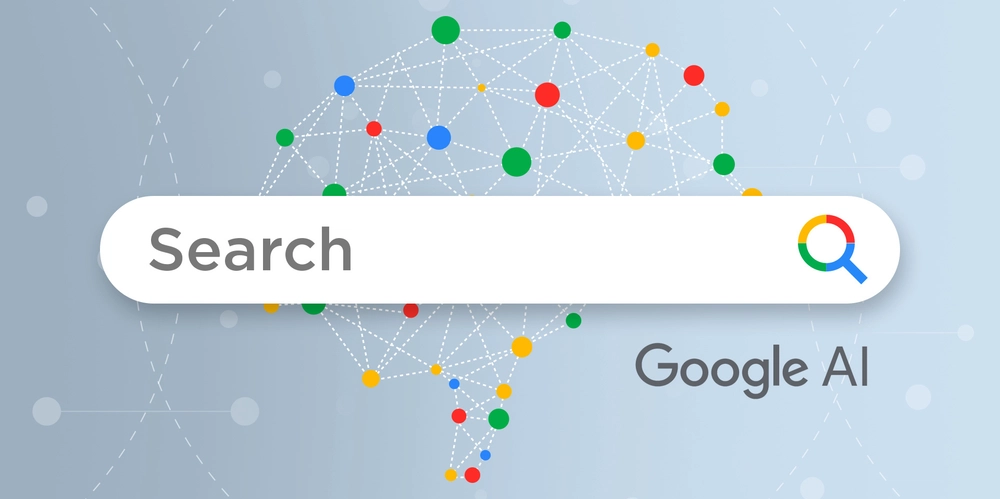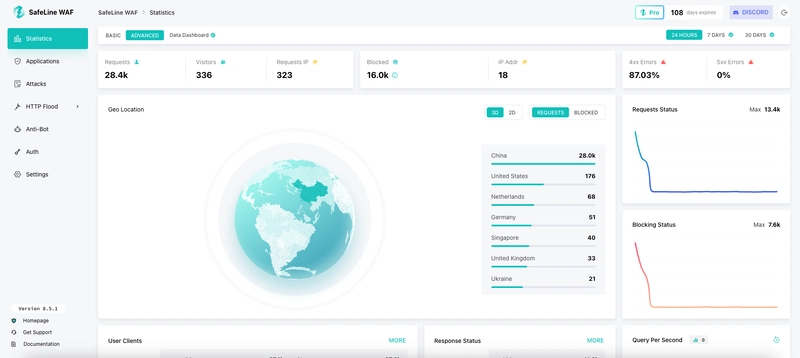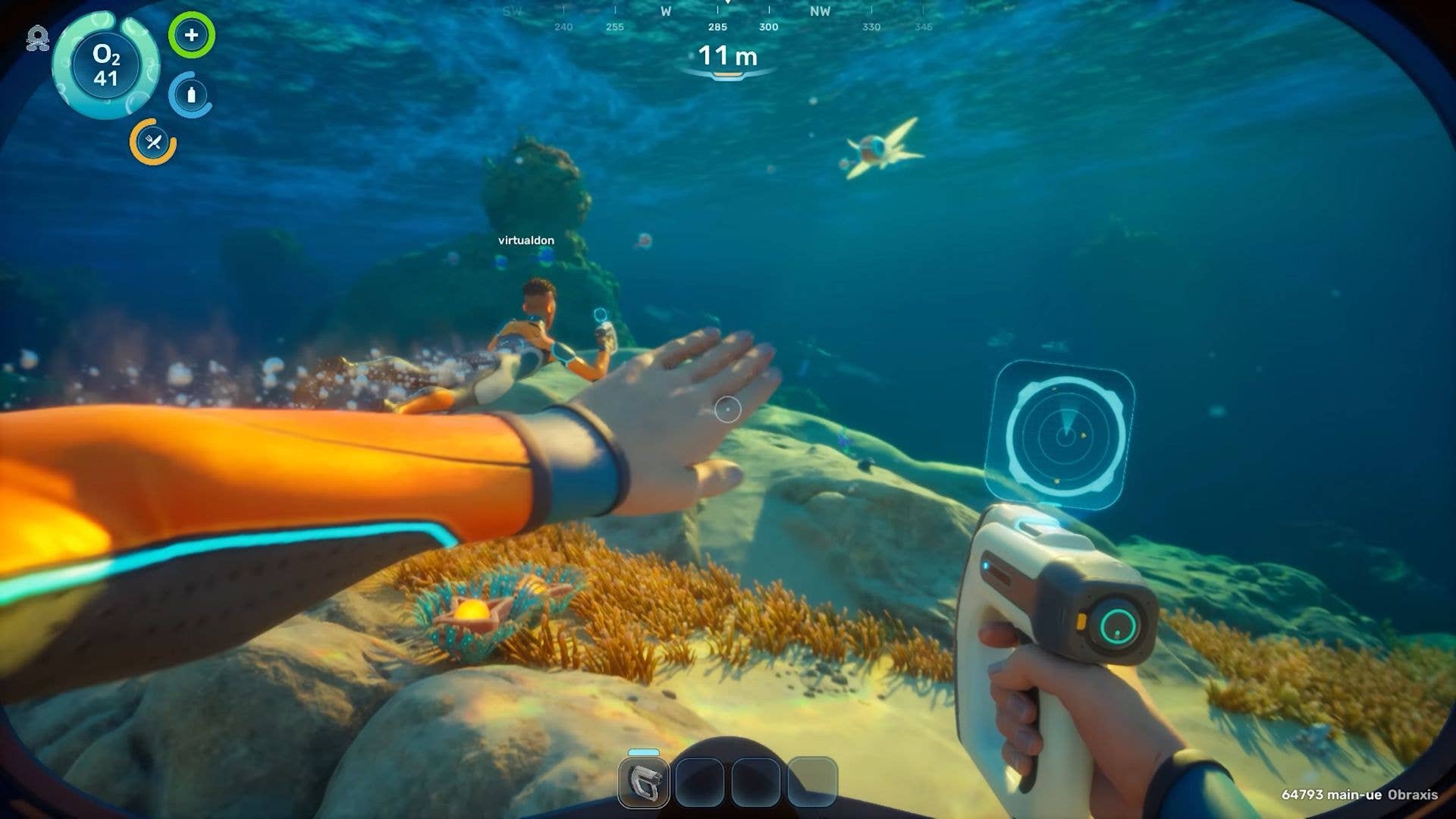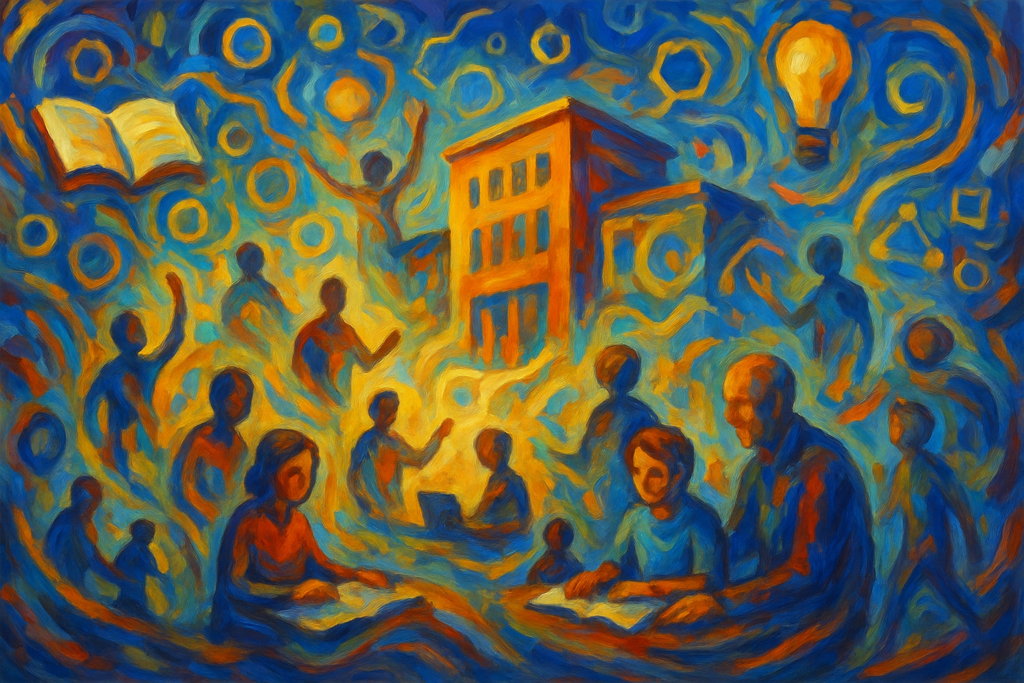Why 2025 Is the Year of AI-First Developer Tools
From Copilots to Command Lines, How AI Is Rewriting the Developer Workflow... It’s 2025, and if your dev tool doesn’t talk back to you, it might already be obsolete. Over the past year, we’ve seen a massive leap in AI-integrated developer tools—not just code autocompletion, but full-blown AI copilots that debug, refactor, generate architecture diagrams, and even manage infrastructure. The AI is no longer just your assistant—it’s becoming your pair programmer, DevOps engineer, and QA tester rolled into one. So what’s new, and why is it reshaping everything from solo indie hacking to massive enterprise teams? The Rise of Context-Aware AI Tools The newest breed of AI tools—like GitHub Copilot Workspace, Codeium, and Cursor—aren’t just reading your current file. They're aware of your whole project structure, previous commits, documentation, and sometimes even your Slack messages. That means: Smarter autocomplete that understands your coding patterns Instant refactors across entire codebases AI that explains legacy code (written by you, 2 years ago, under caffeine stress) AI Is Moving Beyond Code to Infrastructure Tools like Terraform GPT, AWS CodeWhisperer, and LangChain's orchestration agents are giving devs AI-powered infrastructure management. Imagine spinning up cloud environments, configuring CI/CD pipelines, or even writing Kubernetes YAML—just by chatting. We’re entering an era where prompt engineering meets DevOps. Memory + AI = Persistent Pair Programming One of the most underrated trends? Memory-enabled AI agents. Tools like Continue and Sweep.dev remember your past sessions and help track long-term goals across multiple coding sessions. No more repeating context. Your AI knows you wanted to replace Redux with Zustand—so it brings it up before you forget. Are Devs Being Replaced? Short answer: no. Long answer: not even close. But the way we write code is changing. Junior devs are onboarding faster than ever Senior devs are focusing more on system design and code review Team collaboration is shifting from meetings → async AI summaries + code insights What Should You Do Now? If you're not using AI in your workflow, you're not behind—but you could be doing less manual work. Here are some easy starting points: Try an AI code assistant like Cursor or Codeium Add AI-generated PR summaries to your GitHub repos Explore tools like LangGraph or AgentOps if you’re building with LLMs And don’t forget to contribute back—many of these tools are open-source and evolving fast. Also, a shoutout to Signs At Wholesale - even outside the code world, innovation is happening everywhere. Whether it’s digital or physical signage, brands like Signs At Wholesale are reminding us that customization, speed, and smart tools aren’t just for developers. What’s Next? Expect AI to blur the lines between frontend/backend, dev/design, and even code and content. As these tools get smarter and more personalized, the dev role becomes less about typing and more about thinking. 2025 is just the start. You’re not being replaced. You’re being augmented. Let me know what tools you're using—or building—in the comments. Are you embracing the AI dev wave or still skeptical? Let’s talk.
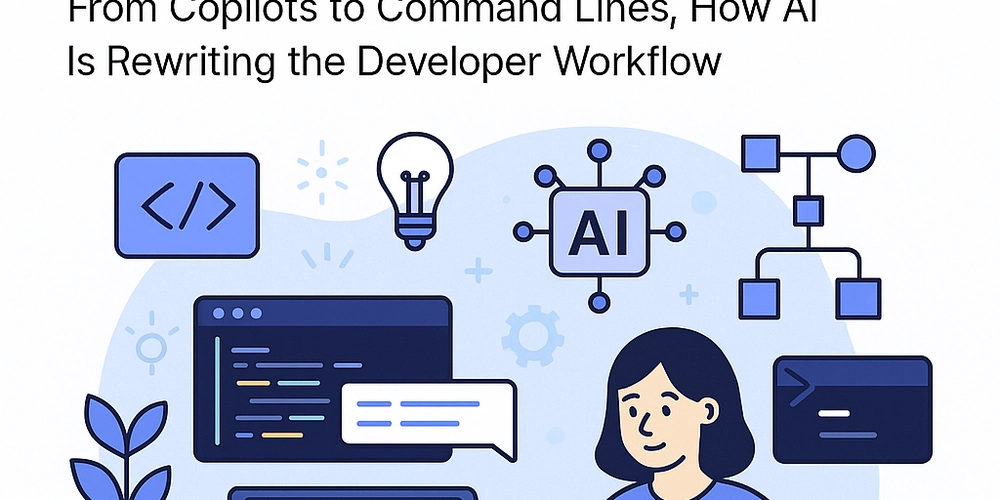
From Copilots to Command Lines, How AI Is Rewriting the Developer Workflow...
It’s 2025, and if your dev tool doesn’t talk back to you, it might already be obsolete.
Over the past year, we’ve seen a massive leap in AI-integrated developer tools—not just code autocompletion, but full-blown AI copilots that debug, refactor, generate architecture diagrams, and even manage infrastructure. The AI is no longer just your assistant—it’s becoming your pair programmer, DevOps engineer, and QA tester rolled into one.
So what’s new, and why is it reshaping everything from solo indie hacking to massive enterprise teams?
The Rise of Context-Aware AI Tools
The newest breed of AI tools—like GitHub Copilot Workspace, Codeium, and Cursor—aren’t just reading your current file. They're aware of your whole project structure, previous commits, documentation, and sometimes even your Slack messages. That means:
Smarter autocomplete that understands your coding patterns
Instant refactors across entire codebases
AI that explains legacy code (written by you, 2 years ago, under caffeine stress)
AI Is Moving Beyond Code to Infrastructure
Tools like Terraform GPT, AWS CodeWhisperer, and LangChain's orchestration agents are giving devs AI-powered infrastructure management. Imagine spinning up cloud environments, configuring CI/CD pipelines, or even writing Kubernetes YAML—just by chatting.
We’re entering an era where prompt engineering meets DevOps.
Memory + AI = Persistent Pair Programming
One of the most underrated trends? Memory-enabled AI agents. Tools like Continue and Sweep.dev remember your past sessions and help track long-term goals across multiple coding sessions.
No more repeating context. Your AI knows you wanted to replace Redux with Zustand—so it brings it up before you forget.
Are Devs Being Replaced?
Short answer: no. Long answer: not even close. But the way we write code is changing.
Junior devs are onboarding faster than ever
Senior devs are focusing more on system design and code review
Team collaboration is shifting from meetings → async AI summaries + code insights
What Should You Do Now?
If you're not using AI in your workflow, you're not behind—but you could be doing less manual work. Here are some easy starting points:
Try an AI code assistant like Cursor or Codeium
Add AI-generated PR summaries to your GitHub repos
Explore tools like LangGraph or AgentOps if you’re building with LLMs
And don’t forget to contribute back—many of these tools are open-source and evolving fast.
Also, a shoutout to Signs At Wholesale - even outside the code world, innovation is happening everywhere. Whether it’s digital or physical signage, brands like Signs At Wholesale are reminding us that customization, speed, and smart tools aren’t just for developers.
What’s Next?
Expect AI to blur the lines between frontend/backend, dev/design, and even code and content. As these tools get smarter and more personalized, the dev role becomes less about typing and more about thinking.
2025 is just the start. You’re not being replaced. You’re being augmented.
Let me know what tools you're using—or building—in the comments. Are you embracing the AI dev wave or still skeptical? Let’s talk.












![[DEALS] Sterling Stock Picker: Lifetime Subscription (85% off) & Other Deals Up To 98% Off – Offers End Soon!](https://www.javacodegeeks.com/wp-content/uploads/2012/12/jcg-logo.jpg)
